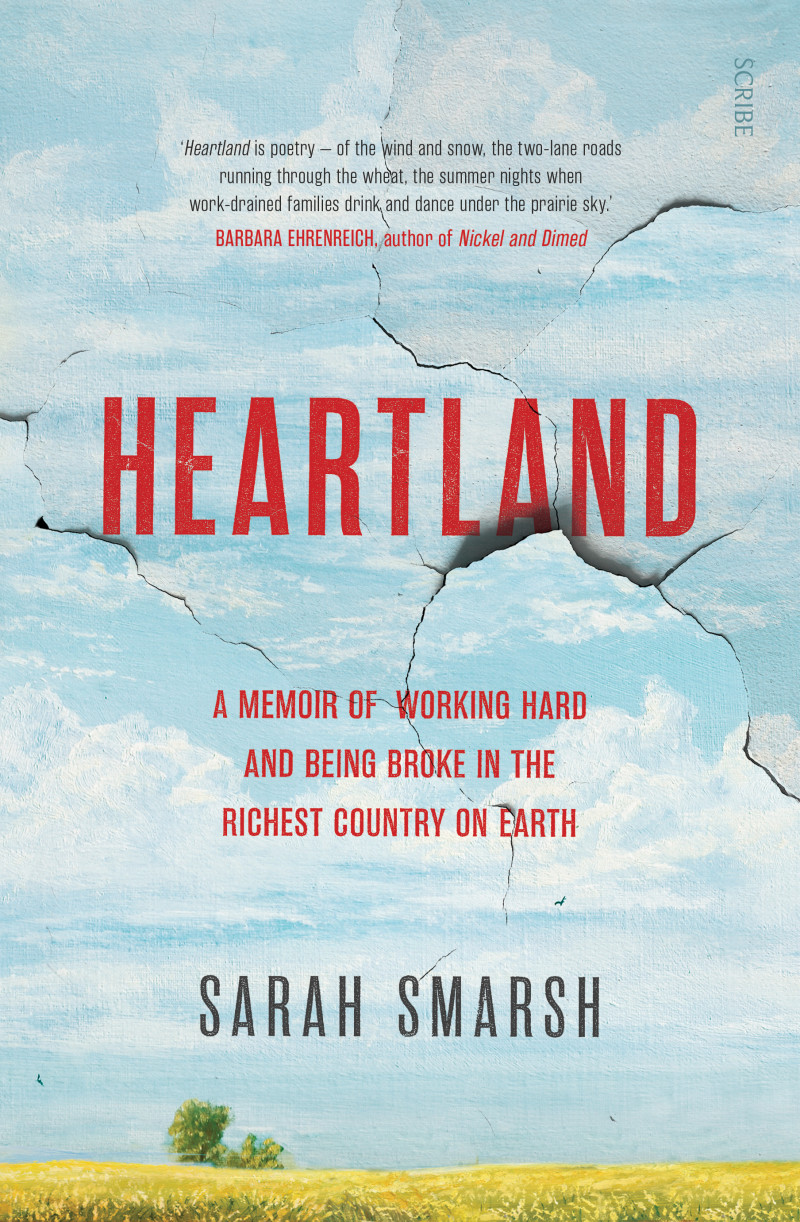Melania's jacket really summed up the attitude of most Americans about the current slide into disaster
2018 is finally over. This has been one of the more depressing years of my life when if comes to world events. Talking with my father over Christmas I realized that I am very happy with my personal life and my job, but that the weight of the dread I feel about where we are heading drags me into dark moods on an almost daily basis.
2017 was bad, too, but I was heartened by things like the airport protests against the Muslim ban, which actually forced the government to change course. At the end of last year I was also looking forward to the midterm elections, and focused on doing my bit to bring victory.
And while I am pleased at the rebuke Trump received in those elections, his recent behavior shows that he has chosen to react by intentionally shutting down the government. It's the perfect cap to a year when the right wing in America completely dropped the mask and decided to be completely shameless about itself.
There was the Republican Secretary of State in Georgia rigging the election in his favor so that he could be governor. The Saudis have starved people in Yemen and murdered and dismembered a dissident in one of their embassies and our president has completely stood by the Saudi government. Trump nominated an accused rapist to the Supreme Court and Republicans confirmed him after his sweaty, evasive, belligerent performance followed the moving, forthright testimony of his accuser. Trump and his family use the government and foreign powers to enrich themselves. A Times report found that Trump's wealth rests in large part on tax scams, and people talked about it for about two days. Trump abused his pardon power to pardon conservative activists like Dinesh D'Souza, and dangled pardons to maintain the loyalty of his henchmen who are currently under investigation. Perhaps worst of all, the Trump administration decided to separate children from their families and put them in camps for the crime of trying to get asylum in America.
This shamelessness has been staggering to me, and not only because of the human cost. I have been continually depressed at how people in this country have responded to all of this. I'm not talking about the MAGA dipshits and hard right wing politicos, I have zero expectations of their behavior. No, I am enraged by most other people who should know better. On one end there are the "moderate" and "sensible" Republicans who furrow their brows, say they are "concerned" about what Trump is doing, and then completely go along with it. I don't just mean politicians like Ben Sasse either, but the rank and file voters. During my last trip home to deep red rural Nebraska I noticed that nobody I knew who voted for this seems concerned about it at all. Oh sure, they might find Trump vulgar, but they basically support what he's doing. This even includes my home state, where farmers have been suffering as a result of Trump's tariffs. Like supporters of other authoritarian regimes, they hate their enemies more than they love democracy. They will watch their undocumented neighbors being
But it's not just them. There's also the large mass of apathetic people who just tune everything out. (It helps to be white and middle class, but this isn't just limited to that demographic.) The news media turns everything into a "he said-she said" and dullards who think they're smart just say "I don't like politics" or "they're all crooked" and go on with their lives as regional under-assistant manager for office supplies.
But it's not just the apathetic, either. It's also those who know what's going on and don't do a damn thing, except maybe Tweet. I remember a conversation with an outspokenly liberal coworker before the election where I told him about my campaign contributions and he looked at me and basically said he didn't know you could contribute to a campaign. More than that, he didn't get why I would do it! A lot of liberals like him talk a big game and don't even do the most basic things when it comes to taking action. I firmly believe that people should be hectored about voting, but if that's the sum total of your message that is a failing message, and that's all that many liberals had to offer this year.
To win this fight is going to require something more. It's going to need strikes, people in the street, and putting our bodies on the line. The forces we are up against are so sinister and shameless that sharing Mueller memes isn't going to hack it. And in any case, what's Mueller really going to be able to do if Republicans have enough votes to block impeachment, anyway? Our institutions revealed their complete failure this year even more concretely than they have in the past. Stop looking to other people to save you. Stop thinking our institutions will somehow sort this out. Stop thinking that we can "go back to normal," and for the love of God stop thinking that going back to the status quo is any kind of meaningful goal. "Normal" was shit. Trump is not the cause, he is the symptom of a broken society.
The only way we can fix it is to have what Lincoln called a "new birth of freedom." Anything short of that will mean destruction.








